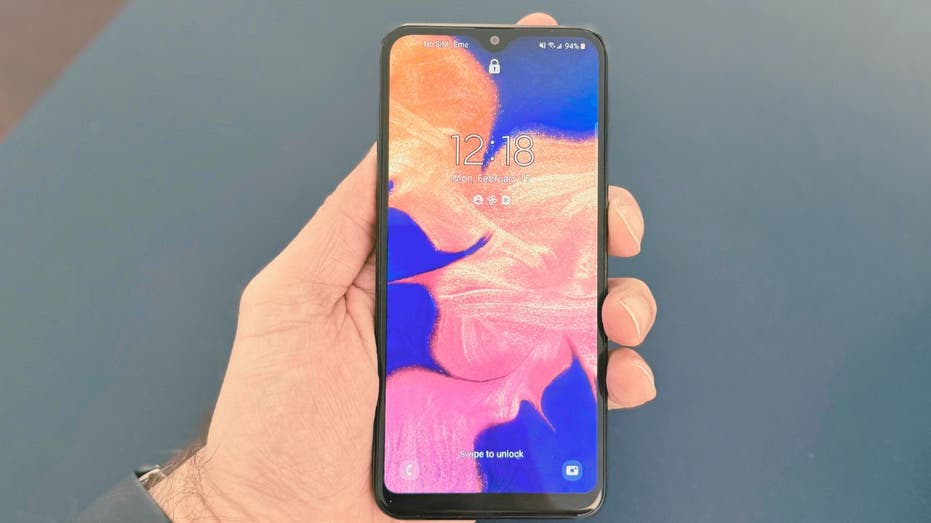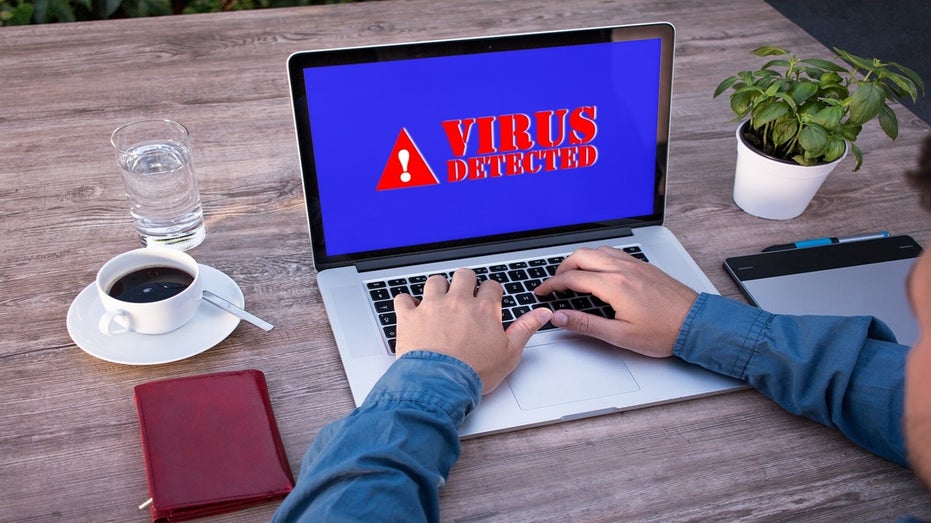- by foxnews
- 06 Apr 2025
Chinese hackers target US telecoms: What you need to know to protect your data
Tech expert Kurt "CyberGuy" Knutsson discusses how Chinese cyber espionage targets U.S. telecoms to steal Americans' information.
- by foxnews
- 11 Dec 2024
- in technology

U.S. telecom giants are under constant attack from Chinese hackers. A federal investigation has uncovered a massive cyber espionage campaign by the Chinese government, targeting U.S. telecommunications networks to steal Americans' information. A top White House official confirmed that at least eight U.S. telecom companies have been affected by this hacking spree.
To combat this, the FBI and Cybersecurity and Infrastructure Security Agency (CISA) have released advice for telecom companies to help them detect and block the hackers while preventing future attacks. I break down the details of this Chinese hacking campaign and share tips on how to keep your data safe.
The hackers also tried to copy "certain information that was subject to U.S. law enforcement requests pursuant to court orders," according to the FBI. This suggests they might have been attempting to breach programs like those under the Foreign Intelligence Surveillance Act, which allows U.S. spy agencies to monitor the communications of individuals suspected of working for foreign powers.
Earlier this month, Deputy National Security Advisor Anne Neuberger shared new details about the scale of the Chinese hacking campaign. According to Neuberger, the U.S. believes the hackers managed to access communications from senior government officials and prominent political figures.
She explained that while the hackers were focused on a relatively small group of individuals, a limited number of Americans' phone calls and texts were compromised. Neuberger also mentioned that the affected telecom companies are working to address the breaches, but none have been able to completely remove the Chinese hackers from their networks yet.
Salt Typhoon managed to access call records and private communications by exploiting decades-old back doors in major telecom providers, including AT&T and Verizon, experts believe.
"The irony here is that the back doors exploited by the Chinese are, in fact, the same back doors that are utilized by federal law enforcement for purposes of conducting legal surveillance," John Ackerly, CEO and co-founder of Virtru, a data-centric security company, told CyberGuy.
The vulnerabilities are a result of the Communications Assistance for Law Enforcement Act (CALEA), a federal law that mandates back doors in critical telecommunications infrastructure. CALEA enables law enforcement agencies to access phone records and metadata, including facilitating wiretaps, as part of authorized investigations.
"The problem with back doors is simple. They're not selective. A back door created for law enforcement is, by its very nature, a vulnerability in the system. And vulnerabilities, once they exist, can be exploited by anyone who discovers them. Both good guys and bad guys can enter back doors," said Ackerly, who previously served as a White House technology adviser.
To protect private conversations and phone calls, cybersecurity experts recommend using end-to-end encrypted platforms. Jeff Greene, executive assistant director of cybersecurity at CISA, urged Americans to prioritize encrypted communication tools.
"Use your encrypted communications where you have it," Greene advised, emphasizing the importance of secure platforms. He added, "We definitely need to do that, kind of look at what it means long term, how we secure our networks."
An FBI official warned that citizens should be "using a cellphone that automatically receives timely operating system updates, responsibly managed encryption and phishing resistant MFA for email, social media and collaboration tool accounts."
However, cybersecurity experts warn that these measures are not foolproof. The term "responsibly managed encryption" is problematic, as it intentionally leaves room for "lawful access," such as the back doors required by CALEA.
"It's clear that encryption with back doors is not actually responsible at all," Ackerly said. "It's time for the U.S. government to acknowledge and support end-to-end encryption as a stronger protection against foreign adversaries."
Now that we've discussed the threat, let's take a look at the solutions. Here are 10 ways you can keep your personal information safe.
1) Use end-to-end encrypted platforms: For private communications, prioritize platforms that offer end-to-end encryption. This ensures that only you and the intended recipient can access your messages or calls, preventing unauthorized access by hackers or other third parties.
"Anyone can take control of their own data and protect themselves from security threats by using applications that provide end-to-end encryption. Whether you're emailing, sending messages and files or video chatting, the only way to truly ensure your data is safe from bad actors is to encrypt it as it travels," Ackerly said. "Choose an app or tool that is easy to use, so that you will actually use it."
4) Use strong antivirus software: Be aware of phishing techniques and remain skeptical of suspicious links, emails or phone calls asking for personal information. Cybercriminals often use these methods to gain access to your sensitive data.
There's no denying that the U.S. is facing a serious cyberattack that puts millions at risk. What's even more concerning is that hackers continue to exploit telecom providers even after the issue has been made public. The government and the affected companies must prioritize addressing this threat and patching the back doors these cybercriminals are using. We're witnessing one of the largest intelligence compromises in U.S. history.
Follow Kurt on his social channels:
Answers to the most asked CyberGuy questions:
New from Kurt:
Copyright 2024 CyberGuy.com. All rights reserved.
- by foxnews
- descember 09, 2016
Viral photo of McDonald's PlayPlace prompts superfan to reveal fast-food chain's stray from nostalgia
McDonald's superfan shares the standout PlayPlaces he has seen after a viral photo showed a "heartbreaking" McDonald's PlayPlace in Franklin, Tennessee.
read more





